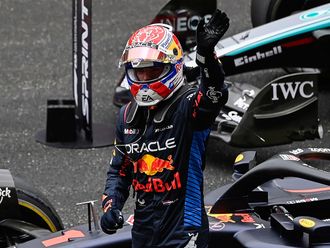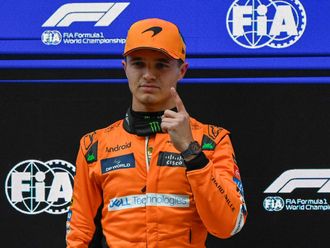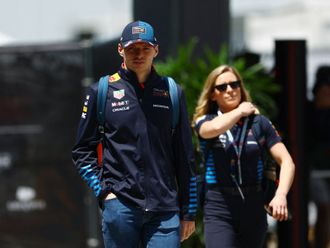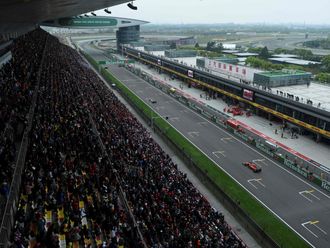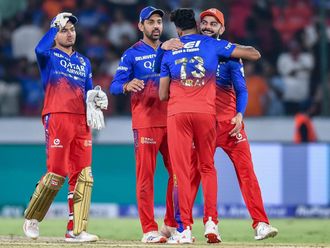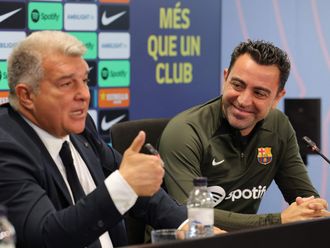Few figures of influence manage to demonstrate such a fine level of perspective in the aftermath of a deeply concerning issue as Sir Jackie Stewart has achieved in the aftermath of last Sunday’s awful Japanese Grand Prix accident, in which driver Jules Bianchi was left fighting for his life.
It was an incident of rarity when his car aquaplaned off the track and went under a formidable massive-wheeled trackside rescue tractor at more than 100mph, leaving the likeable and talented French 25-year-old in a coma with brain injuries.
Formula One supremo Bernie Ecclestone was not present but watched the terrifying accident on TV at his London home and announced almost immediately he was calling for an independent investigation into the smash.
He said: “We have progressed so far in our efforts to ensure safety measures are at their best. And nowadays when you see an accident on the track the driver unfastens his safety harness, calmly removes the steering wheel and climbs out unharmed with a wave to show he’s OK.
“I have always contended that, if I was going to have a crash at speed, I’d want it to be in an F1 car because they are the safest modes of transport in the world.
“From time to time accidents do happen and we have to find the cause and a way to ensure it doesn’t happen again. In this case it happened to a super young man who is very close to all of us who go grand prix racing.”
Ecclestone’s promise of an urgent push for the sport’s ruling body, the FIA, to investigate and, if necessary, react immediately has been welcomed by all of us who find ourselves embroiled in the sport that brings equally committed and brave men fearlessly into wheel-to-wheel conflict at 200-plus mph.
Ecclestone was joined by Stewart, a three times world champion and in his heyday — as well as these days — a tireless campaigner for safety.
As an extremely saddened F1 entourage exited Japan for the next clash on the never-been-raced track in Sochi, Russia, this weekend, Sir Jackie was eager to divert any blame, put by some, on the organisers.
And the Scottish hero, a regular attender at GPs, opined: “I don’t think any blame should be laid on the organisers over this awful accident.
“It was almost a freak set of circumstances that the trajectory of the accident, and that of Adrian Sutil’s at the same spot, were virtually identical. And who could possible have legislated for that coincidence?
“It is 20 years, five months and four days since any driver, Ayrton Senna, lost his life in a grand prix. No other sport — rugby, equestrianism, mountaineering or motor cycle racing — has a better package of safety measures than we have in Formula One.
“In my day drivers were dying around me almost every month. It was terrible. These days F1 has been more proactive on the safety issue than any other sport I know.
“Of course it is dangerous — it reminds us on the back of every entrance ticket. But we have to recognise F1 is the finest example of risk management in world sport, or any other business, anywhere, right around the globe. And that’s the way it should be.”
I could not agree more. Though even the slightest doubt, however small, should be thoroughly examined.
— The writer is a freelance motorsport journalist


